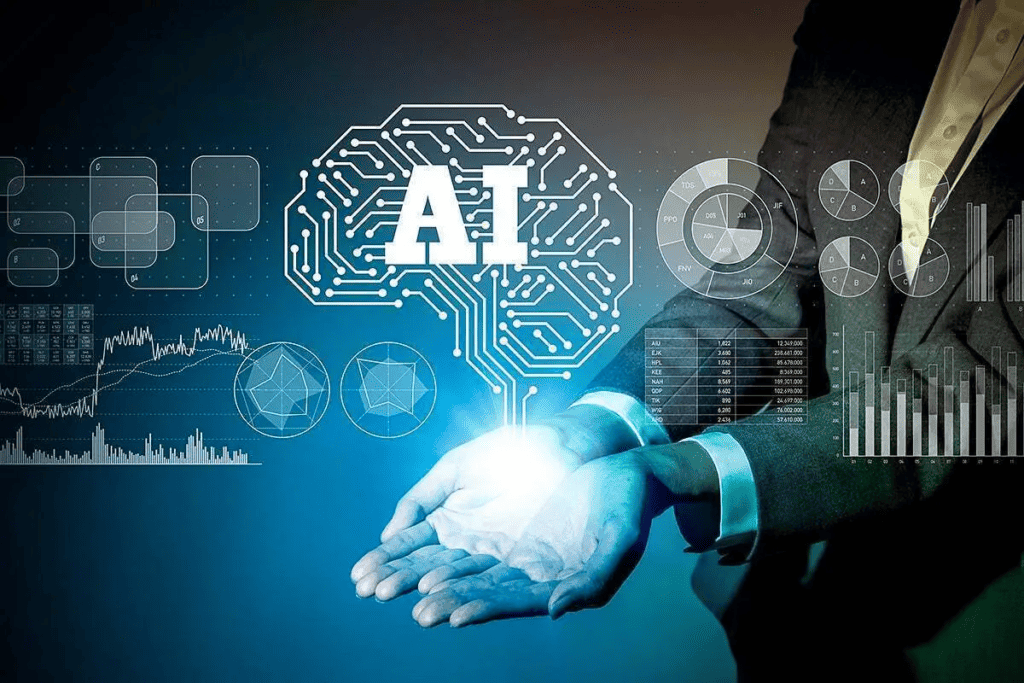Seven ways AI can revolutionize Digital Donor Recognition
Seven ways AI can revolutionize Digital Donor Recognition

AI has the potential to revolutionize philanthropy by transforming digital donor recognition programs in several ways:
1. Enhanced Donor Personalization: AI can analyze vast amounts of donor data, including giving history, preferences, and interactions, to create highly personalized donor recognition experiences. By understanding donors on an individual level, organizations can tailor their recognition messages, communication channels, and engagement strategies to resonate with each donor’s unique interests and motivations.
2. Real-time and Automated Recognition: AI-powered systems can instantly and automatically recognize donors in real time. For example, when a donation is made online, AI algorithms can trigger personalized thank-you messages, acknowledgment emails, or social media posts, providing immediate recognition and gratitude. This real-time acknowledgment enhances the donor experience, fostering a sense of connection and appreciation.
3. Intelligent Matching and Gift Recommendations: AI can analyze donor data and preferences to match them with relevant philanthropic opportunities. By leveraging machine learning algorithms, organizations can provide tailored gift recommendations based on a donor’s past giving patterns, interests, and social impact goals. This enhances donor engagement and increases the likelihood of continued support.
4. Predictive Analytics and Donor Behavior: AI enables organizations to predict donor behavior and engagement trends through sophisticated analytics. By analyzing historical data, AI algorithms can identify patterns and indicators that help organizations anticipate donor churn, predict potential major donors, or understand the most effective strategies for engagement and recognition. This predictive capability empowers organizations to allocate resources and strategically nurture donor relationships.
5. Chatbots and Virtual Assistants: AI-powered chatbots and virtual assistants can enhance donor engagement by providing real-time support and information. Donors can interact with chatbots to receive updates on their contributions, learn about the impact of their donations, or inquire about upcoming events and initiatives. These intelligent conversational agents offer personalized assistance, creating a more interactive and engaging donor experience.
6. Data-driven Insights and Reporting: AI algorithms can analyze vast amounts of donor data to provide actionable insights and reporting. This includes identifying trends in donor behavior, measuring the impact of recognition strategies, and tracking campaign effectiveness. These insights help organizations make data-driven decisions, refine donor recognition efforts, and optimize fundraising strategies.
7. Scalability and Efficiency: AI automates many administrative tasks associated with donor recognition, such as data collection, segmentation, and messaging. This scalability allows organizations to manage large donor databases efficiently, personalize recognition at scale, and dedicate more time and resources to cultivating donor relationships and advancing their mission.
In conclusion, AI can revolutionize philanthropy by transforming digital donor recognition programs. By leveraging AI technologies, organizations can enhance donor personalization, provide real-time and automated recognition, leverage predictive analytics, employ chatbots and virtual assistants, gain data-driven insights, and improve scalability and efficiency. These advancements strengthen the connection between donors and organizations, foster a culture of appreciation, and ultimately drive increased support for philanthropic causes.
For more information on Norvision Digital Signage Solutions, contact us at sales@norvision.com
We Would Love To Hear From You

Tempe, AZ 85281
(480) 447-4260
solutions@norvision.com
www.norvision.com
